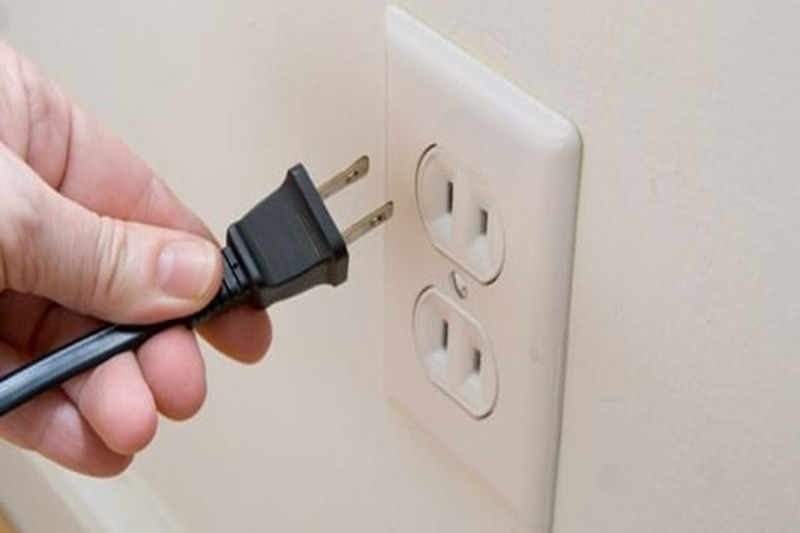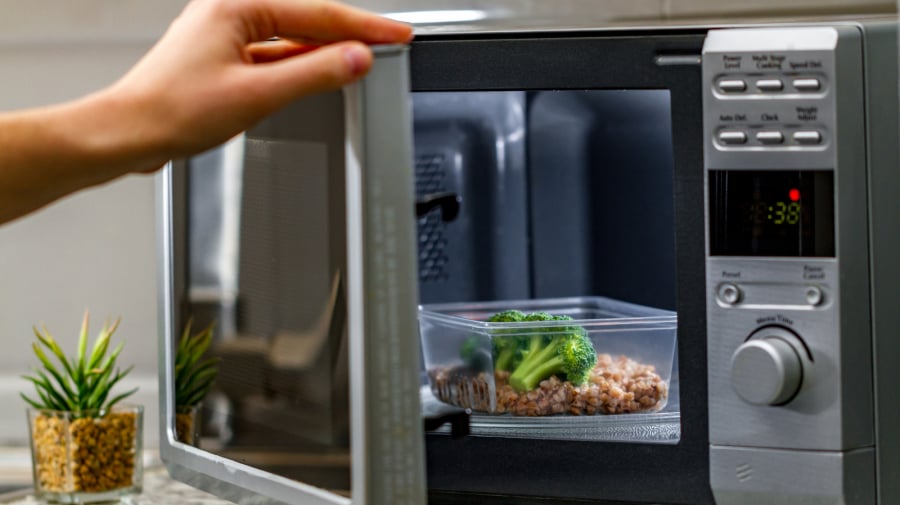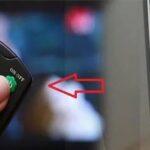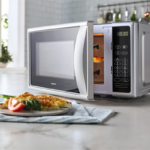Televisions
Turning off your television with the remote control only puts it in standby mode; it’s not completely turned off. Therefore, if you don’t unplug the power cord, your TV will still consume a certain amount of electricity. However, be aware that abruptly unplugging the power cord can damage your TV, and unplugging it while it’s still on can cause electrical shorts and fires.
So, if your family regularly watches TV, you should only turn it off with the remote control before unplugging the power cord. If your family doesn’t use the TV for several days or during a thunderstorm, be sure to turn it off with the remote control before unplugging it completely for safety.

Appliances That Use More Electricity Than Air Conditioners
Water Heaters
Many people don’t unplug their electric water heaters after taking a bath, but this practice wastes a lot of electricity. Once the temperature inside the water heater drops below the set temperature, the electric water heater will turn on and heat up automatically.
This consumes a lot of electricity and increases your utility bills without you even realizing it. So, always remember to unplug your electric water heater when you’re not using it.
Induction Cookers and Electric Stoves
Nowadays, most families use induction cookers or electric stoves for cooking because they are more convenient and safer than gas stoves, with a lower risk of explosions and fires. However, these appliances consume a significant amount of electricity, so when using them, you should stay in the kitchen and turn them off promptly when you’re done cooking. Don’t forget to unplug them afterward.

Microwaves: Electricity Guzzlers
Phone Chargers Left Plugged In
Some people have the habit of leaving their phone chargers plugged into the socket even after their phones are fully charged. These chargers will still consume electricity even when they’re not connected to any device. You don’t need to worry too much, as the amount of electricity they use is quite negligible.
However, leaving the charger plugged in will cause it to age faster and may even pose electrical safety hazards. So, it’s best to unplug your charger when it’s not in use to save electricity and ensure your family’s safety. If the socket has a switch, you can turn it off without unplugging the charger.
Electric Kettles
Electric kettles are essential appliances in many households, but they also consume a lot of electricity. Therefore, after using the kettle, remember to unplug it to save electricity and prolong its lifespan. Additionally, only use the kettle for its intended purpose of boiling water. Do not use it for cooking, such as boiling eggs, vegetables, or heating sausages, as this is unsanitary and can damage the kettle.
The Power Hungry Six: Uncovering the Hidden Energy Drains in Your Home
It’s easy to assume that air conditioners are the biggest energy guzzlers in our homes, but there are other sneaky appliances that can drive up your electricity bills if you’re not careful. From the moment you wake up to the second you fall asleep, various electrical devices are quietly running up your expenses.




































